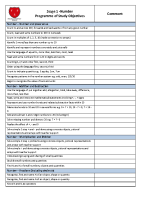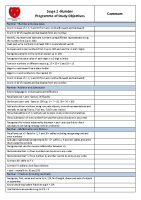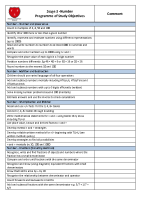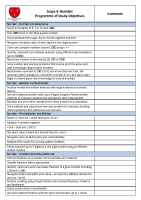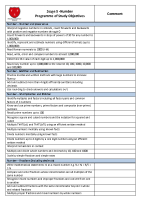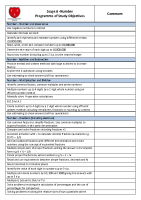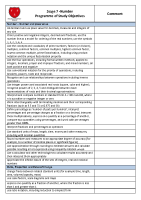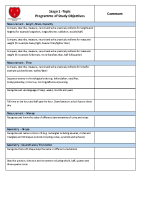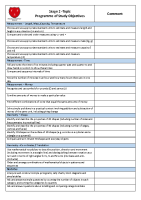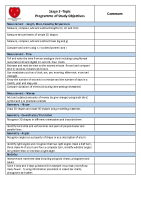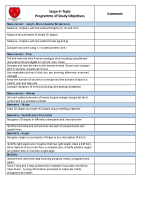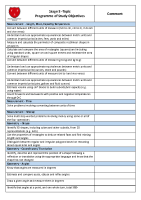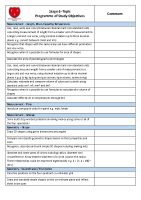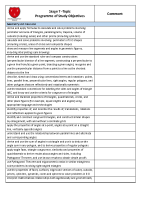Implementation
At our school, we teach mathematics to all children, whatever their ability or individual need. Some children may receive the curriculum in small group contexts or even on a 1: 1 basis, to allow them to make good/better than average process. Every child has an equal right to be taught mathematics, in daily lessons of approximately 1 hour.
We aim for children to master the key areas and domains in Mathematics. Children are given the opportunity to build on a domain by revisiting the skill three times during an academic year. We see this as a benefit as children are able to build on what they have previously learnt. The expectation is that the majority of pupils will move through the programmes of study at broadly
the same pace. However, decisions about when to progress will always be based on the security of pupils’ understanding and their readiness to progress to the next stage. The school metal activities (bronze, silver, gold, platinum), offers the pupils fluidity to move between tasks, at their pace. In addition to this, we have a daily fluent in 5 challenge (Years 3-6), which focuses on the continual development of calculation skills, alongside a main topic. We aim to challenge pupils who grasp concepts rapidly, to deepen their understanding by offering challenging problems. We believe that all students, when introduced to a key new concept, should have the opportunity to build competency in this topic by taking the concrete-pictorial-abstract approach- a universal language.
Concrete –opportunity to use concrete objects and manipulatives to help them understand what they are doing.
Pictorial – students should then build on this concrete approach by using pictorial representations.
Abstract – with the foundations firmly laid, students should be able to move to an abstract approach using numbers
During our daily lessons we encourage children to practice fluency (fluent in 5 tasks) and make links with previous learning, before introducing them to problem solving/reasoning skills. As an interim assessment opportunity, we provide our students with ‘Secure it’ challenges, to be able to assess their understanding. We develop the children’s ability to represent problems using visualisation skills, including jottings and pictorial representations.
The Early Years Foundation Stage Curriculum feeds into the National Curriculum. Numeracy activities are used to begin the day as a trickling in activity- doors open at 8:40am. It is good practice to make use of cross curricular links to enable children to use their learning in a real life context. Therefore pupils are given plenty of opportunities within sessions to use and apply the
mathematical skills and concepts they have learned.
All classrooms will have a display area specifically for mathematics, to show the topic currently being taught. This is used more like a working wall in English where previous and new knowledge is displayed, to support the children’s understanding. It will also show key vocabulary relevant within that topic for children to use during their reasoning tasks.
Special Educational Needs Disability (SEND) / Pupil Premium / Higher Attainers
All children will have Quality First Teaching. Any children with identified SEND or in receipt of pupil premium funding may have work additional to and different from their peers in order to access the curriculum dependent upon their needs. As well as this, our school offers a demanding and varied curriculum, providing children with a range of opportunities in order for them to reach their full potential and consistently achieve highly from their starting points. SEND children are also expected to undertake problem solving and reasoning challenges, so not to cap their learning.


